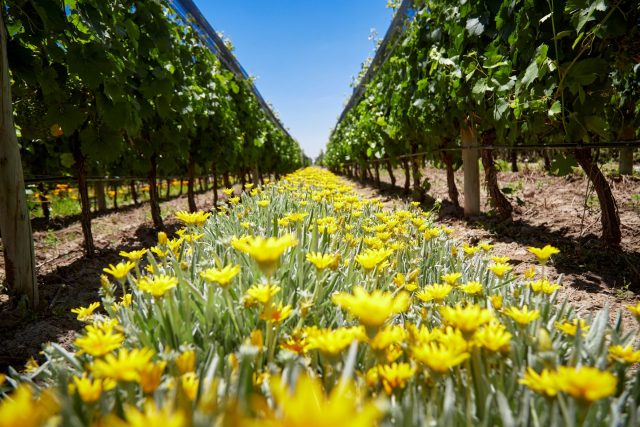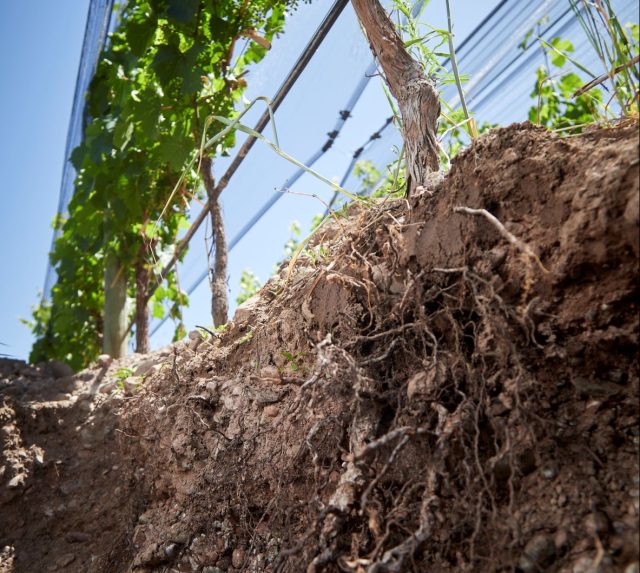Argentine wine group commits to soil carbon capture by joining global initiative
Bodega Argento’s parent company Grupo Avinea has become the first Argentine wine producer to join the ‘4 per 1000’ initiative, which commits to locking up carbon in soils to tackle climate change.

Following International Soil Conservation Day, which took place on 7 July and commemorates Dr Hugh Hammond Bennett, a pioneer in the field of soil conservation, the Argentine wine group has joined a global movement that aims to demonstrate the crucial role of agriculture, and in particular agricultural soils, in tackling the issues of food security and climate change.
Called ‘4 per 1000’, the initiative was launched by France at the COP 21 climate change conference in 2015. Its name signifies four parts per 1000, or 0.4%, the annual increase in soil carbon capture that could significantly reduce the level of CO2 in the atmosphere.
The initiative’s members include states, local authorities, professional organisations, NGOs, research establishments, as well as private companies. The International Organisation of Vine and Wine (OIV) is a partner in the initiative as it seeks to enhance the role of soil management and the vitivinicultural sector’s potential contribution to reducing carbon in the atmosphere.
Grupo Avinea is Argentina’s largest producer of organic wines through its wineries and brands, including Bodega Argento in Mendoza, and Otronia in Patagonia. It is the country’s first wine producer to join the global initiative, and one of only a handful of wine groups worldwide to sign up.
By joining 4 per 1000, Grupo Avinea is committing to the initiative’s aim of promoting and implementing science-based actions to maintain healthy soils that can trap carbon and reduce its impact on climate.
Partner Content
The initiative involves global scientific research to measure carbon content in soils. It is designed to help with the creation of policies to encourage farmers, foresters and other land users to adopt practices that increase soils’ ability to lock up even more carbon.
‘We consider the soil as a living organism for which we have special care,” said Cecilia Acosta, who is agricultural manager of Bodega Argento.
Continuing she said, “It is at the foundation of our ability to be the largest producer of organic wine in Argentina; we make sure that the soil leaves an indelible print on every wine we make, allowing it to truly reflect the characteristics of each vineyard’s terroir.”
Read more
How a few changes to vineyard management could help save the planet

Related news
The Castel Group rocked by Succession-style family rift




